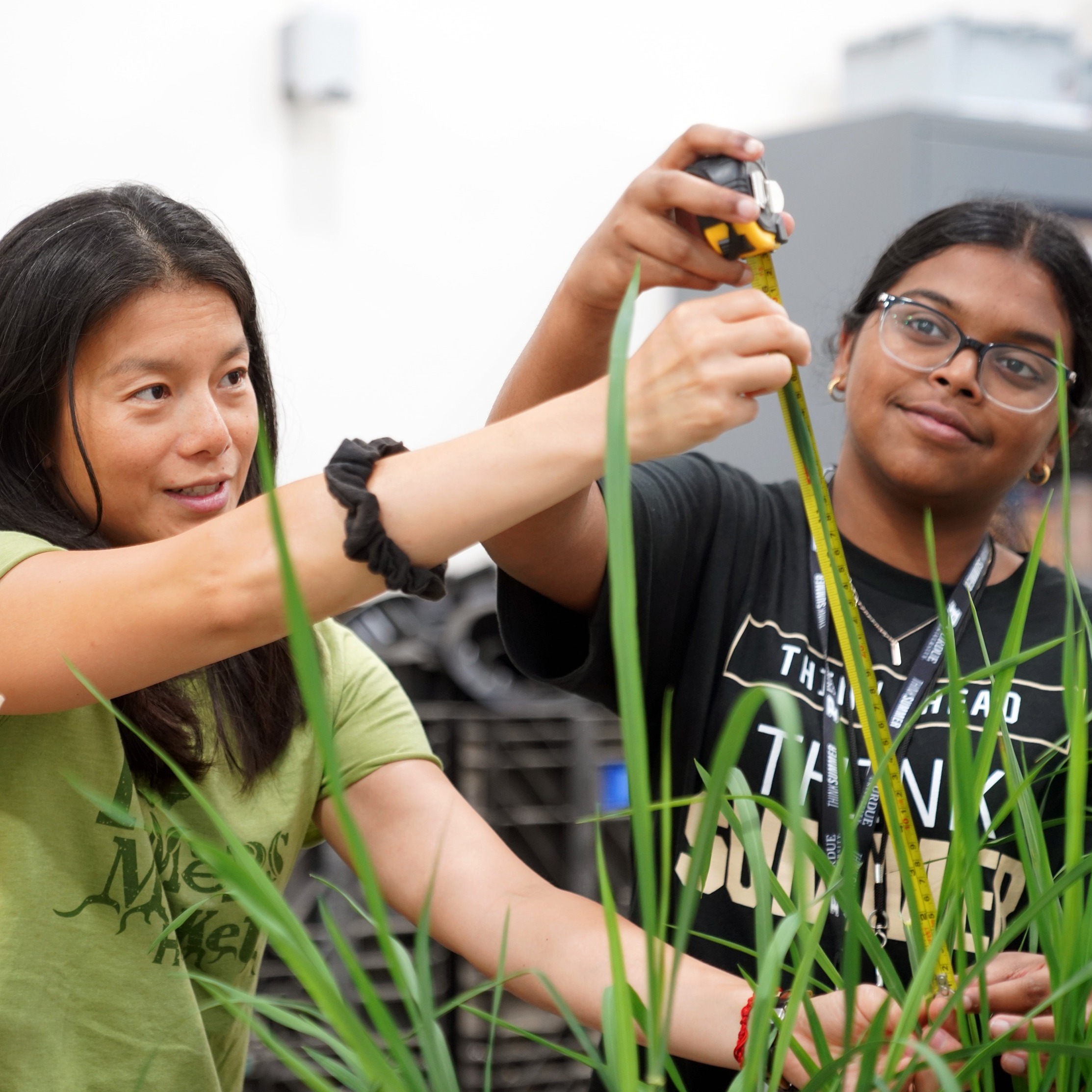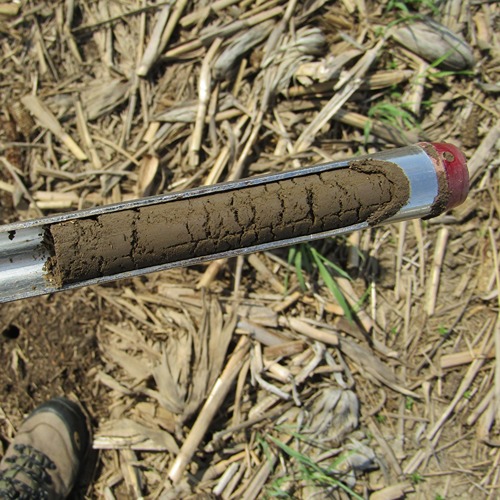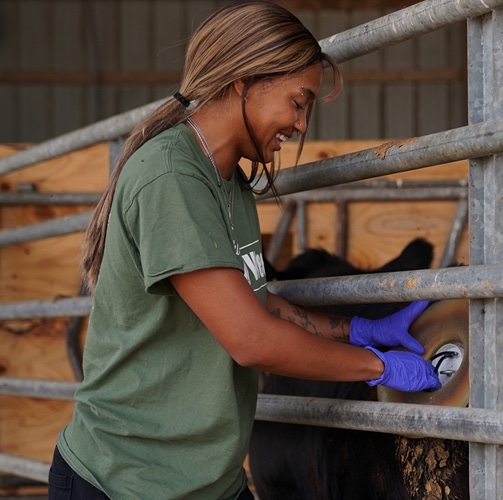Invasive ants, with colonies often numbering in the millions, are a problem on every continent except Antarctica. They often enter countries on cargo ships and quickly dominate landscapes, outcompeting native species and disrupting ecological balances.
Entomologists have insecticides designed to smell and taste appealing to these ants, but they’re not always effective. Sometimes the ants eat the poison, sometimes they take it back to colonies to store it, and other times they ignore it completely, meaning eradication of invasive ant colonies is quite difficult.
Grzegorz Buczkowski, a research associate professor in the Purdue University Department of Entomology, has come up with a better way to manage invasive ants. He’s coating termites with insecticides and setting them free amongst invasive ant colonies, essentially giving the pests a meal they crave.
“All ants eat protein to grow, and they usually get it by preying on insects,” said Buczkowski, whose findings were published in the Journal of Applied Entomology. “We are feeding them what they want and getting better results.”
Buczkowski’s experiments have been with Argentine ants, which came from Argentina to the United States more than a century ago in soil used as ballast on ships. When the ships arrived in Louisiana, they dumped the soil to load up on cargo, and the ants started to spread, reaching much of the southern portion of the country. The ants not only outcompete native ants, but they eat secretions from crop insects, such as aphids, and repay those pests with protection from natural predators, allowing their populations to grow.
But the Argentine ants’ dominance is what makes Buczkowski’s method effective.
“Argentine ants are highly aggressive and competitive. It’s why they can outcompete native ants,” Buczkowski said. “But that works against them. When you put out termites, Argentine ants are the first to find them. They take these termites back to the nest and poison the whole colony.”
Field tests in South Africa led to the eradication of 98 percent to 100 percent of invasive ants using poisoned termites. And it took far less of the insecticide, fipronil, to control the ants. It would take 2,644 times more liquid spray, and 16,158 times more granules to cover the 100 square meter test plots Buczkowski used. Those forms are also spread on the ground, and insects not meant to consume the poisons can also be killed.
The termites also disrupt reproduction in colonies. Worker ants take the termites back to the colony and feed them to larvae, which then digest the termites for the adult ants. The worker ants then consume the termites and feed them to their queens, hitting all the ants in the colony at each life cycle.
“With some baits, you kill off the workers, but you still have queens and broods, and a few weeks later you have a new generation,” Buczkowski said. “With this, you’re stopping the colony from reproducing.”
Future research will include testing other poisons, as well as different bait insects and other species of invasive ants. Since ants tend to want fresh prey, Buczkowski is experimenting with freeze-dried termites that look fresh but could be pre-treated and taken to field areas to kill ants.





